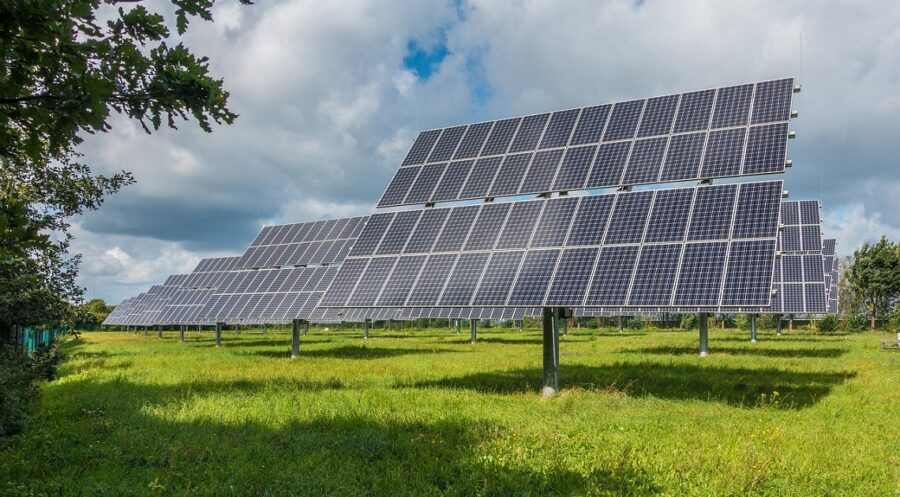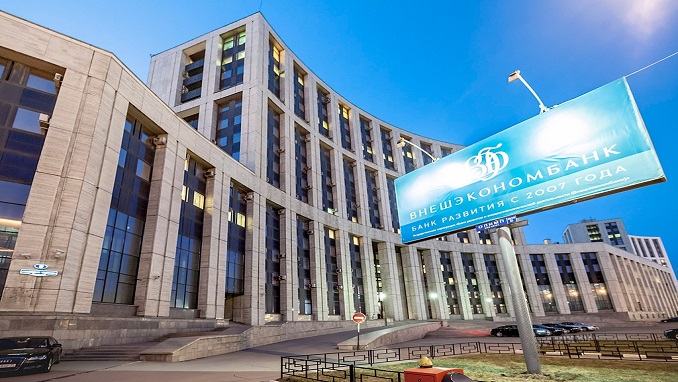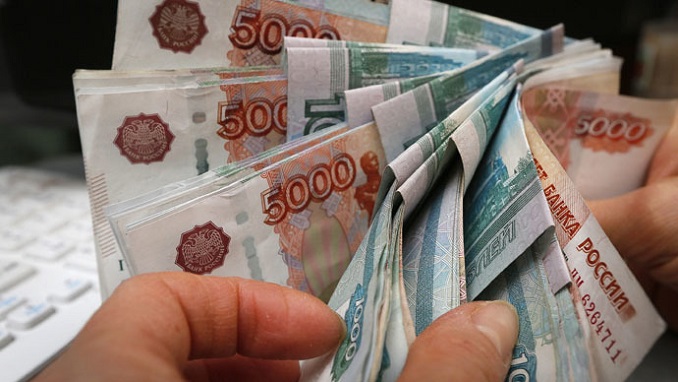A Global Shield Financing Facility has been announced by the World Bank Group to assist developing nations in gaining access to more funding for recovery from natural disasters and climate shocks, a press release from ReliefWeb states.
The Global Shield Against Climate Risks program, which the G7 and V20 jointly unveiled today at COP27 in an effort to better protect the poor and vulnerable from disasters by securing more funding in advance of emergencies, will be supported by this facility.
Grants from the Global Shield Financing Facility will be distributed to developing nations via World Bank projects or initiatives created by additional participating partners, such as multilateral development banks and UN agencies. Additionally, it will collaborate closely with important parties like private sector, humanitarian partners, risk pools, and civil society organizations.
Those who are susceptible to climate shocks and disasters will receive coordinated and consolidated financial help through the Global Shield Financing Facility’s financing of integrated financial protection packages. Investments in catastrophe risk reduction and climate adaptation will be complemented by these financing packages. By providing private financial solutions like insurance and other risk transfer instruments like disaster bonds, these packages will also empower and mobilize private resources for better financial resilience.
Germany and the United Kingdom have long been partners of the World Bank in risk financing, and it has contributed significant expertise to the creation of the Global Shield Against Climate Risks. The Global Risk Financing Facility, which was started in 2018 and funded country operations in Africa, Asia, and Small Island Developing States, is built upon by the Global Shield Financing Facility. In addition to helping to raise more than $1 billion in private money, the program has been matched with $3 billion in World Bank funding.
The World Bank is eager to offer client nations practical financial and advisory help in order to enhance the financial security of their most vulnerable citizens and to actively participate in efforts to increase the effectiveness of the global risk finance architecture.



